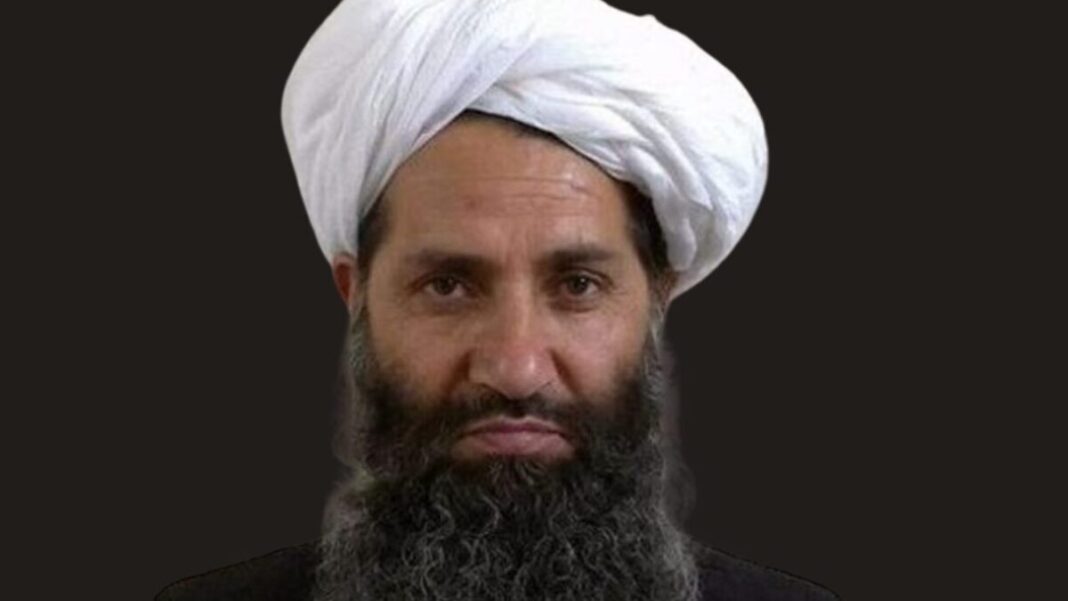Introduction: Why Knowledge Is the Foundation of Strong Faith
Imagine trying to build a tall tower on sand—it won’t last. Now imagine building your Iman without proper understanding, critical thinking, or connection to authentic sources.
READ MORE: Part 4: Trials That Test Faith – How to Hold On During Hardship
Many young Muslims today face confusion:
-
“Is Islam really compatible with modern science?”
-
“Why do bad things happen if Allah is merciful?”
-
“What does Islam say about gender, justice, and freedom?”
These questions don’t indicate weak faith—they reflect a thirst for knowledge.
In this part of our journey, we explore how seeking knowledge turns shaky faith into unshakeable conviction, and how to begin a journey of learning that transforms the heart and protects the soul.
Knowledge: The First Revelation and the Foundation of Faith
“Read! In the Name of your Lord who created…”
— Surah Al-‘Alaq (96:1)
The very first command in the Qur’an was not to pray, fast, or give—but to read. This shows that knowledge is not a luxury; it’s a spiritual necessity.
Why Knowledge Builds True Iman
1. Knowledge Replaces Doubt with Certainty
Faith wavers when we don’t understand Islam deeply. Knowledge clears misconceptions and answers the “whys.”
“Only those fear Allah, from among His servants, who have knowledge.”
— Surah Fatir (35:28)
2. Knowledge Guides Action
You can’t worship Allah correctly without knowing what He wants. From salah to business ethics, learning gives clarity.
“Whoever follows a path to seek knowledge, Allah will make a path to Paradise easy for him.”
— Tirmidhi
3. Knowledge Protects Against Shirk, Bid’ah, and Misguidance
Without knowledge, we can fall into innovations or adopt false ideologies that harm our faith.
“This knowledge will be carried by the trustworthy of every generation, who will remove from it the distortions of extremists…”
— Bayhaqi
The Types of Knowledge Every Muslim Should Pursue
1. Foundational Islamic Knowledge (Fard ‘Ayn)
These are things every Muslim must know, like:
-
Beliefs (‘Aqeedah)
-
How to pray, fast, and purify
-
Halal and haram basics
Start here before diving into deeper topics.
2. Understanding the Qur’an and Hadith
The Qur’an is our compass—but many only read it without understanding.
-
Use authentic Tafsir (e.g., Tafsir Ibn Kathir).
-
Join Qur’an study circles.
-
Study Sahih Hadith to learn the Prophet’s ﷺ words directly.
3. Critical Thinking + Faith
Learn to understand:
-
How Islam deals with philosophy and logic
-
How to answer modern questions about science, ethics, and identity
-
How scholars addressed doubts throughout history
This protects you from shallow arguments found online.
How Knowledge Grows Iman: The 3-Layer Model
Layer 1: Information
Facts, definitions, rules—basic Islamic teachings. Necessary, but not enough alone.
READ MORE: Part 2: Signs of Weak Iman and How to Recognize Them
Layer 2: Understanding
Why we believe what we believe. You grasp the purpose behind prayer, fasting, and tawheed.
Layer 3: Conviction
You live it. You’re confident and emotionally connected to your faith. Trials don’t shake you because your foundation is deep.
Real Examples of Knowledge Strengthening Faith
Umar ibn Al-Khattab (RA)
Initially an enemy of Islam, but upon hearing Surah Taha, his heart opened and he embraced Islam—becoming one of its greatest defenders.
Imam Al-Ghazali
Faced major doubts but studied deeply, blending spiritual, philosophical, and psychological knowledge—and emerged as a giant of Islamic thought.
Youth of the Cave (Ashabul Kahf)
In a corrupt society, they sought Allah with pure knowledge and were honored in the Qur’an (Surah Al-Kahf) for their conviction.
A Beginner’s Weekly Knowledge Plan for Youth
| Day | Action | Time Needed |
|---|---|---|
| Monday | Read one tafsir page of the Qur’an | 15 min |
| Tuesday | Watch a 10-min talk by a scholar | 10 min |
| Wednesday | Learn 1 Hadith with meaning | 10 min |
| Thursday | Review Islamic book/audiobook | 20 min |
| Friday | Attend/stream Jumu’ah khutbah | 30+ min |
| Saturday | Join a local/online study circle | 1 hour |
| Sunday | Reflect and journal what you learned | 15 min |
Start small, but be consistent. Even 15 minutes a day compounds into massive growth.
Where to Learn: Trusted Resources for Islamic Knowledge
Online Platforms:
Apps:
-
Muslim Pro (with caution, focus on verified content)
-
Hadith Collection (Sahih Bukhari/Muslim)
Books to Begin With:
-
“Purification of the Heart” by Hamza Yusuf
-
“Islamic Creed Series” by Umar al-Ashqar
-
“In the Footsteps of the Prophet” by Tariq Ramadan
Common Pitfalls on the Knowledge Journey

-
Seeking debates, not understanding.
Don’t just learn to argue. Learn to grow. -
Following unqualified influencers.
Check their credibility and knowledge source. -
Information overload.
One trusted scholar > 50 random Instagram videos. -
Not acting on what you know.
Knowledge without action can harden the heart.
How to Make Seeking Knowledge a Lifelong Habit
Set Micro Goals
E.g., “Read 1 Hadith per day,” or “Complete 1 Islamic course per month.”
Learn in Community
Join halaqahs, discussion groups, or youth sessions—learning together is more motivating.
Make Du’a
Ask Allah:
“O Allah, grant me beneficial knowledge, pure provision, and accepted deeds.” (Ibn Majah)
Reflect and Review
Keep a “Deen Journal” where you note key things learned each week.
Final Thought: Knowledge Is Light
“Allah will raise those who have believed among you and those who were given knowledge, by degrees.”
— Surah Al-Mujadila (58:11)
True Iman doesn’t just live in the heart—it is built with the light of knowledge in the mind, and lived through action.
Knowledge is not just for scholars. It’s for every Muslim who wants to walk toward Allah confidently, joyfully, and unshaken by the world’s noise.
Coming Next in Part 6: Building a Relationship with the Qur’an – The Word That Transforms Hearts
We’ll explore how the Qur’an isn’t just a book to read—but a companion, healer, and spiritual force that can anchor your soul.



